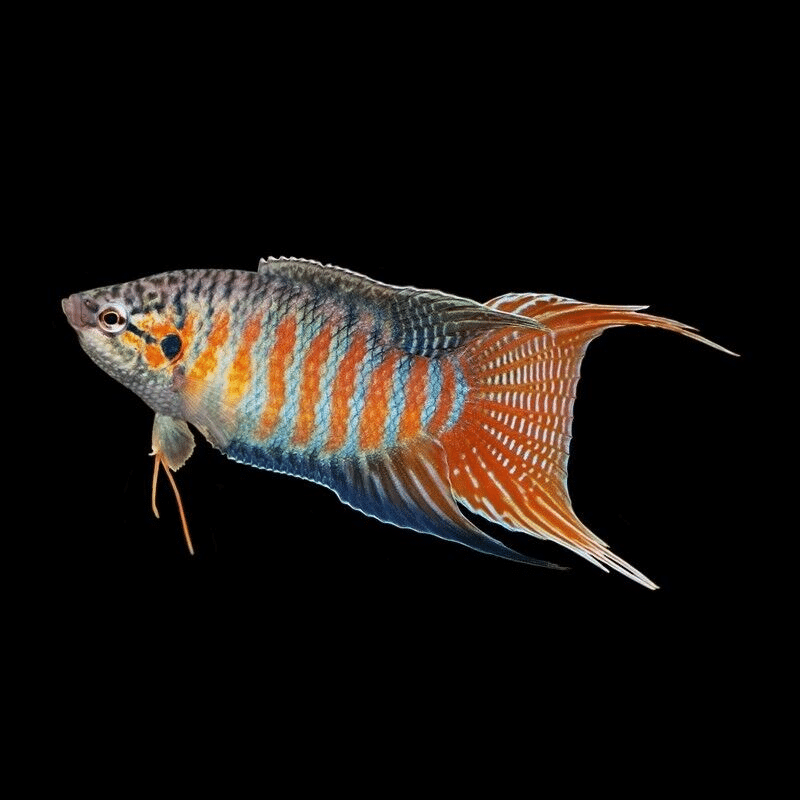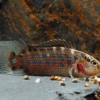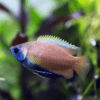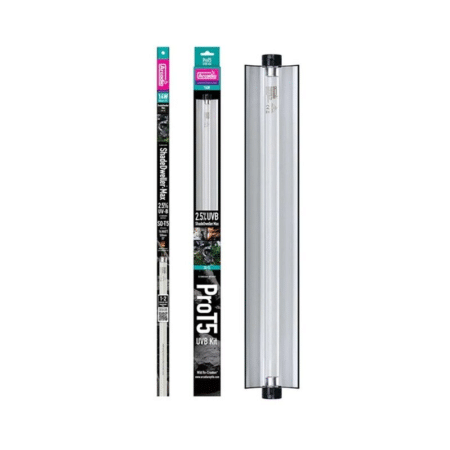10 X Paradise Fish – Paradise Gourami – Macropodus Opercularis – Labyrinth Fish
£32.90
A comprehensive guide to the Paradise Fish, a stunning and vibrant Labyrinth Fish species, including its features, functionality, and use-cases. Learn about the scientific and common names, habitat, tank setup, diet and nutrition, size and growth rate, behavioral traits, care level, breeding and reproduction, health and disease prevention, optimal water conditions, lifespan, and additional interesting facts. Enjoy the convenience of secure transit and shipping options, with a Dead on Arrival (DOA) policy for customer satisfaction. Perfect for Labyrinth Fish gourami enthusiasts.
1001 in stock
Attributes: 10 X Paradise Fish – Paradise Gourami – Macropodus Opercularis – Labyrinth Fish
Short Description: A comprehensive guide to the Paradise Fish, a stunning and vibrant Labyrinth Fish species, including its features, functionality, and use-cases.
Product Categories: Labyrinth Fish gourami’s
Product Description:
The Paradise Fish, scientifically known as Macropodus Opercularis, is a captivating and colorful Labyrinth Fish species that will add beauty and vibrancy to any aquarium. This comprehensive guide provides all the necessary information for customers to understand and care for these stunning fish.
Scientific and Common Names:
The Paradise Fish, also known as Paradise Gourami, is scientifically referred to as Macropodus Opercularis. It is a member of the Labyrinth Fish family.
Habitat:
Originating from East Asia, particularly in China, Taiwan, and Vietnam, the Paradise Fish is commonly found in slow-moving or stagnant waters, such as rice paddies, swamps, and ponds.
Tank Setup:
To ensure the well-being of the Paradise Fish, it is recommended to provide them with a spacious aquarium of at least 20 gallons. The tank should be well-filtered and have plenty of hiding spots, such as plants, rocks, and driftwood. The water temperature should be maintained between 72°F and 82°F (22°C – 28°C), with a pH level ranging from 6.0 to 8.0.
Diet and Nutrition:
The Paradise Fish is an omnivorous species, meaning it consumes both plant matter and small invertebrates. Their diet should consist of high-quality flake or pellet food, supplemented with live or frozen foods such as brine shrimp, bloodworms, and daphnia. Providing a varied diet will ensure their optimal health and vibrant colors.
Size and Growth Rate:
On average, the Paradise Fish can grow up to 3 inches (7.6 cm) in length. They have a moderate growth rate, reaching their full size within a year.
Behavioral Traits:
Known for their territorial nature, Paradise Fish can be aggressive towards other fish, especially males of the same species. It is advisable to keep them in a species-only tank or with peaceful tank mates. They are also known for their ability to breathe air from the surface due to their labyrinth organ, which allows them to survive in oxygen-deprived waters.
Care Level:
The Paradise Fish is considered to have a moderate care level. While they are hardy and adaptable, they require a well-maintained aquarium with suitable water conditions and a balanced diet.
Breeding and Reproduction:
Breeding Paradise Fish can be a rewarding experience. They are bubble nest builders, and the male constructs a nest at the water’s surface using bubbles and plant material. After spawning, the male guards the nest until the fry hatch. It is recommended to provide a separate breeding tank to ensure the survival of the fry.
Health and Disease Prevention:
To maintain the health of Paradise Fish, it is crucial to provide them with a clean and well-maintained aquarium. Regular water changes, proper filtration, and monitoring water parameters are essential. Quarantining new fish before introducing them to the main tank can help prevent the spread of diseases.
Optimal Water Conditions:
The Paradise Fish thrives in water with a temperature range of 72°F to 82°F (22°C – 28°C) and a pH level between 6.0 and 8.0. They prefer slightly acidic to neutral water conditions.
Lifespan:
With proper care, the Paradise Fish can live for approximately 4 to 6 years, although some individuals have been known to live longer.
Additional Interesting Facts:
– The Paradise Fish was one of the first tropical fish species to be imported and kept in aquariums.
– They are known for their vibrant colors, with males displaying striking red, blue, and black patterns.
– The Paradise Fish is a labyrinth fish, meaning it has a specialized organ that allows it to breathe air from the surface.
– They are known for their aggressive behavior, especially during breeding and territorial disputes.
– The Paradise Fish has been selectively bred to produce various color variations, including gold and albino forms.
Secure Transit:
To ensure the safe arrival of your fish, we provide a 24-hour courier service. Our fish are carefully packaged in poly boxes and heat packs during colder months to maintain optimal temperatures.
Shipping Convenience:
To streamline shipping and reduce costs, customers have the option to combine multiple items in one order. This allows for convenient and efficient delivery of all desired products.
Dead on Arrival (DOA) Policy:
In the unfortunate event that any fish arrive deceased, we have a Dead on Arrival (DOA) policy in place. Customers are requested to promptly inform us with photographic evidence, and we will either refund the purchase or send a replacement fish, ensuring customer satisfaction.














Reviews
There are no reviews yet.